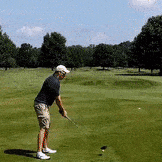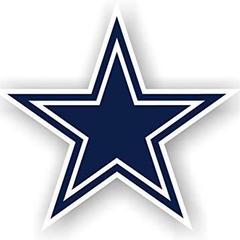-
Topics Being Discussed Right Now on The Sand Trap
-
- 11 replies
- 1,146 views
-
- 8,668 replies
- 421,888 views
-
Can Somebody Explain to Me Why Lie Angle Balanced Putters Are Important? 1 2
By ChetlovesMer, in Clubs, Grips, Shafts, Fitting
- 32 replies
- 1,084 views
-
"5 Minutes Daily" Practice Challenge 1 2 3 4 917
By iacas, in Instruction and Playing Tips
- 5 minutes daily
- dedication
- (and 6 more)
- 16,489 replies
- 1,189,538 views
-
- 3 replies
- 161 views
-





Recommended Posts
Create an account or sign in to comment
You need to be a member in order to leave a comment
Create an account
Sign up for a new account in our community. It's easy!
Register a new accountSign in
Already have an account? Sign in here.
Sign In Now